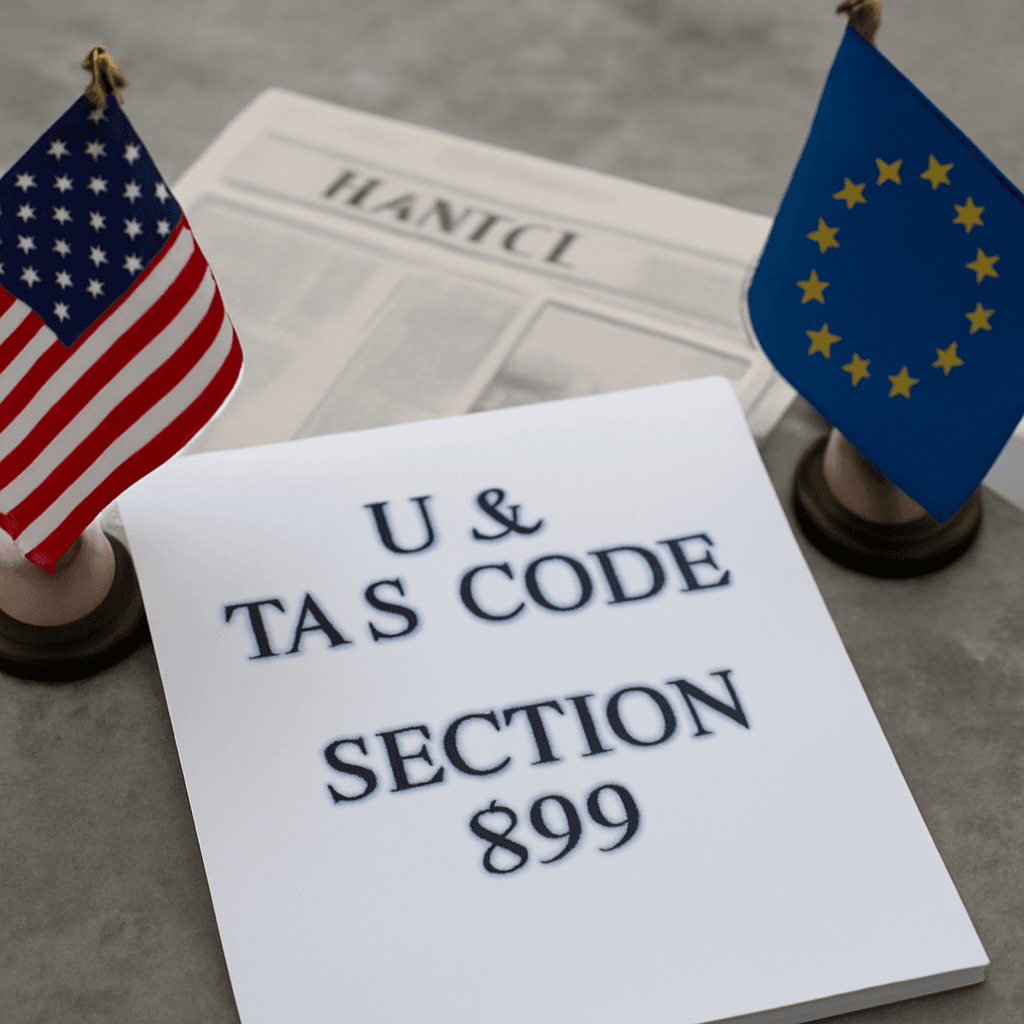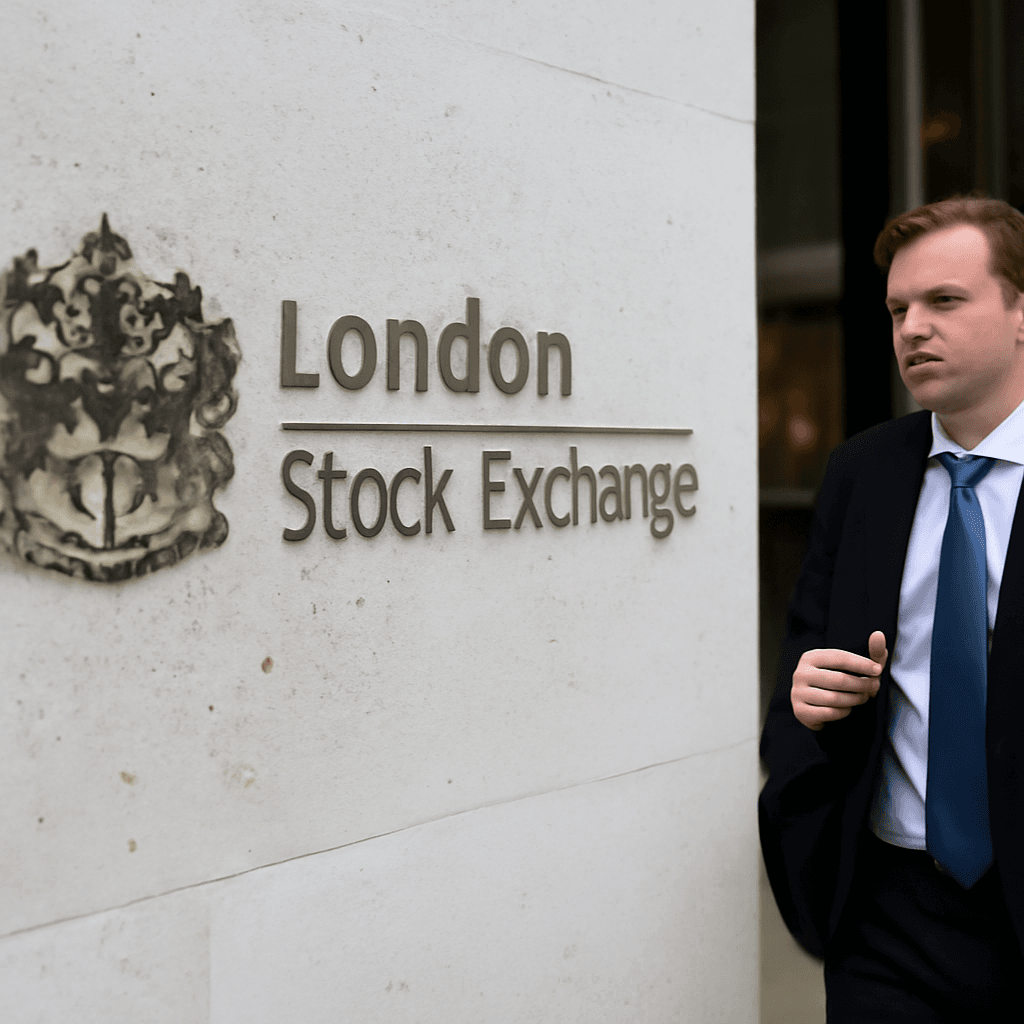Section 899: A New Hurdle for European Companies
The recent move by U.K. fintech firm Wise to shift its primary stock listing to the U.S. highlights growing challenges facing European exchanges—challenges that may intensify with the introduction of Section 899 in a U.S. tax bill. Passed by the House of Representatives, this provision targets foreign firms domiciled in countries with what the U.S. labels as "unfair foreign taxes," potentially penalizing many European companies and others from nations like Canada, Australia, and Switzerland.
What Does Section 899 Entail?
Section 899 imposes a new withholding tax on U.S.-sourced income for foreign corporations that are over 50% owned by non-U.S. investors. Starting at 5%, this tax rate increases by 5 percentage points annually until it reaches a max of 20%, adding to existing tax liabilities varying across countries and treaties.
For companies indexed in Europe, such as those in the Stoxx Europe 600, analysts estimate earnings could shrink by up to 2% in the first year and potentially 5% over four years due to this tax.
Escaping Section 899: Is a U.S. Listing the Answer?
Analysts suggest that re-listing in the U.S. can be a strategic way for European companies to bolster their American shareholder base, thereby lowering non-U.S. ownership beneath the critical 50% mark and escaping Section 899’s scope.
- Examples include FTSE 100 firms like Experian and Hikma Pharmaceuticals, which generate over half their revenues in the U.S. but maintain a majority-U.S. shareholder base.
- A U.S. listing can thus serve as an avenue to ease the impact of this tax.
However, some experts caution that simply listing in the U.S. won't suffice. The bill’s ownership criteria hinge on complex vote or value tests applied annually, meaning even brief non-compliance triggers the tax for the entire year.
Further complicating matters is the challenge of identifying beneficial owners, since “look-through” rules exclude U.S. fund managers investing on behalf of foreign clients from counting towards U.S. ownership. Maintaining real-time oversight of ownership is resource intensive and complex for many firms.
Political Leverage and Potential Repercussions
Notably, lawmakers view Section 899 less as a direct revenue tool and more as leverage to pressure foreign governments into revising their tax policies labeled as unfair. In fact, if European or other affected countries repeal such foreign taxes, their domestic companies would automatically become exempt from Section 899 penalties.
Impact on European Markets and Corporate Migration
The looming tax provision amplifies an ongoing trend of European companies gravitating toward U.S. markets. Many executives perceive European exchanges as less liquid and lacking the specialist infrastructure necessary for heavyweight tech and other listings.
For example, Wise’s 2021 direct listing in London debuted at a valuation of £8 billion but has since risen to over £11 billion. Yet despite this growth, London’s ability to lure large-scale tech IPOs remains in question.
Moreover, recent developments, such as the withdrawal of the heavily anticipated Glencore-backed metals investor Cobalt Holdings IPO in London, underscore these concerns.
London’s Response and Future Outlook
Despite these challenges, the London Stock Exchange Group maintains its position as Europe’s leading market by capital raised and total market capitalization. Recent data shows growing international interest in London listings, with many companies preparing to enter the market.
What Lies Ahead?
For European firms, managing the complexities of Section 899 will require strategic corporate restructuring, potentially including dual listings or other capital maneuvers. The evolving tax landscape coupled with market perceptions may continue to drive more companies across the Atlantic—shaping the future of global equity markets.
















